The National Institute for Health Research (NIHR) is the nation’s largest funder of health and care research – the NIHR oversee 15 Clinical Research Networks (CRN) and these CRNs work alongside NHS Trusts, primary care providers and Universities. Each CRN has a dedicated Study Support Service.
The NIHR have a portfolio of research studies that are eligible for consideration for support from the CRN in England. Portfolio status is usually vital to participating NHS Trusts when considering undertaking a proposed study.
Information on the NIHR portfolio is present on the research blog, but at this session our local CRN’s Study Support team will provide you with an opportunity to hear about and discuss the network and the service, and how it could benefit you.
This session is aimed at those planning on conducting clinical research.
It is also designed to raise awareness at BU about the benefits and importance of the NIHR portfolio, so if you’re just interested in learning more, please book on.
The session will take place next week on Tuesday 10th December at 2:30pm until 4:00pm on Lansdowne Campus.
To register your interest or if you have any queries, please get in touch with Research Ethics.


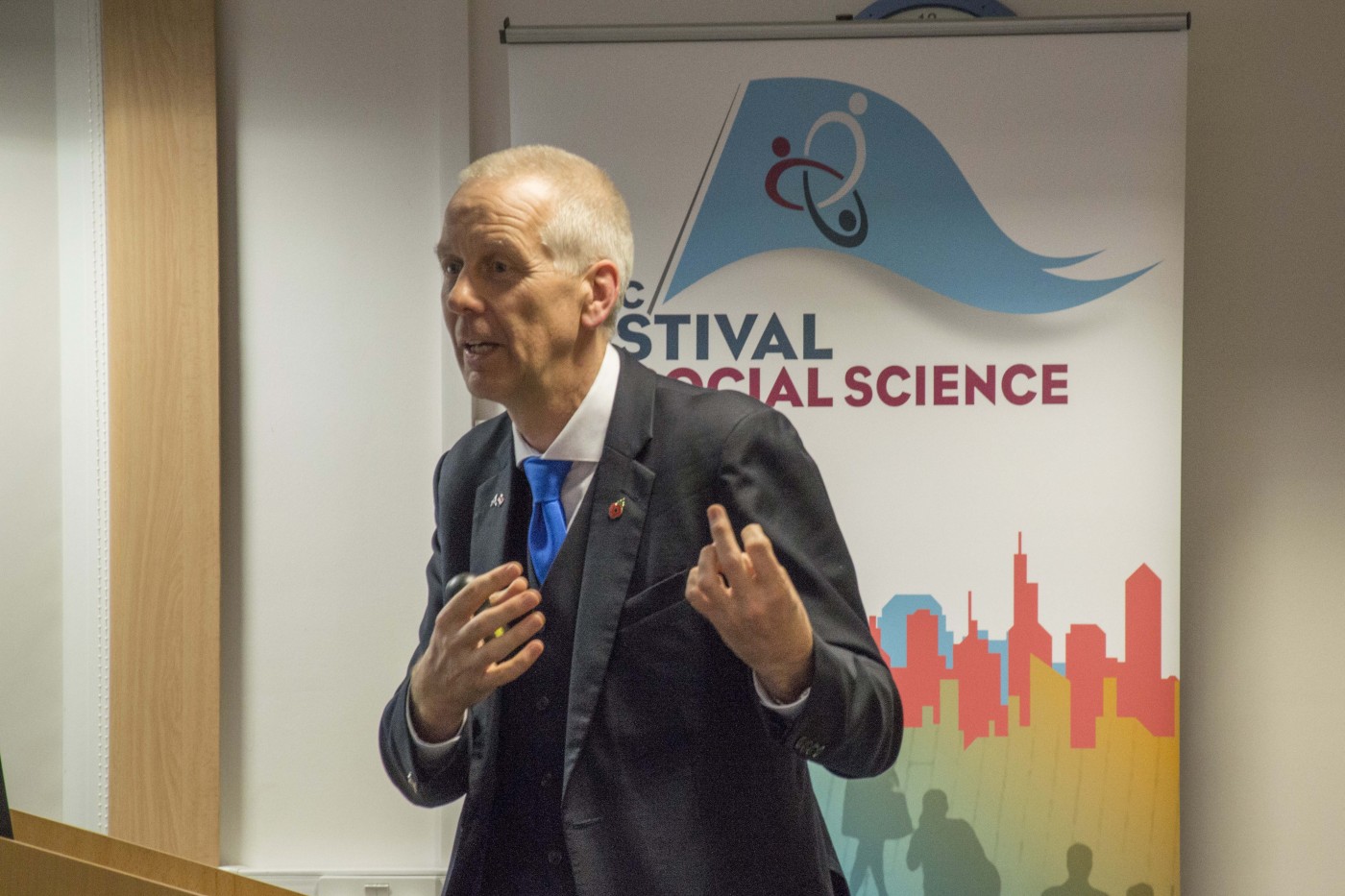



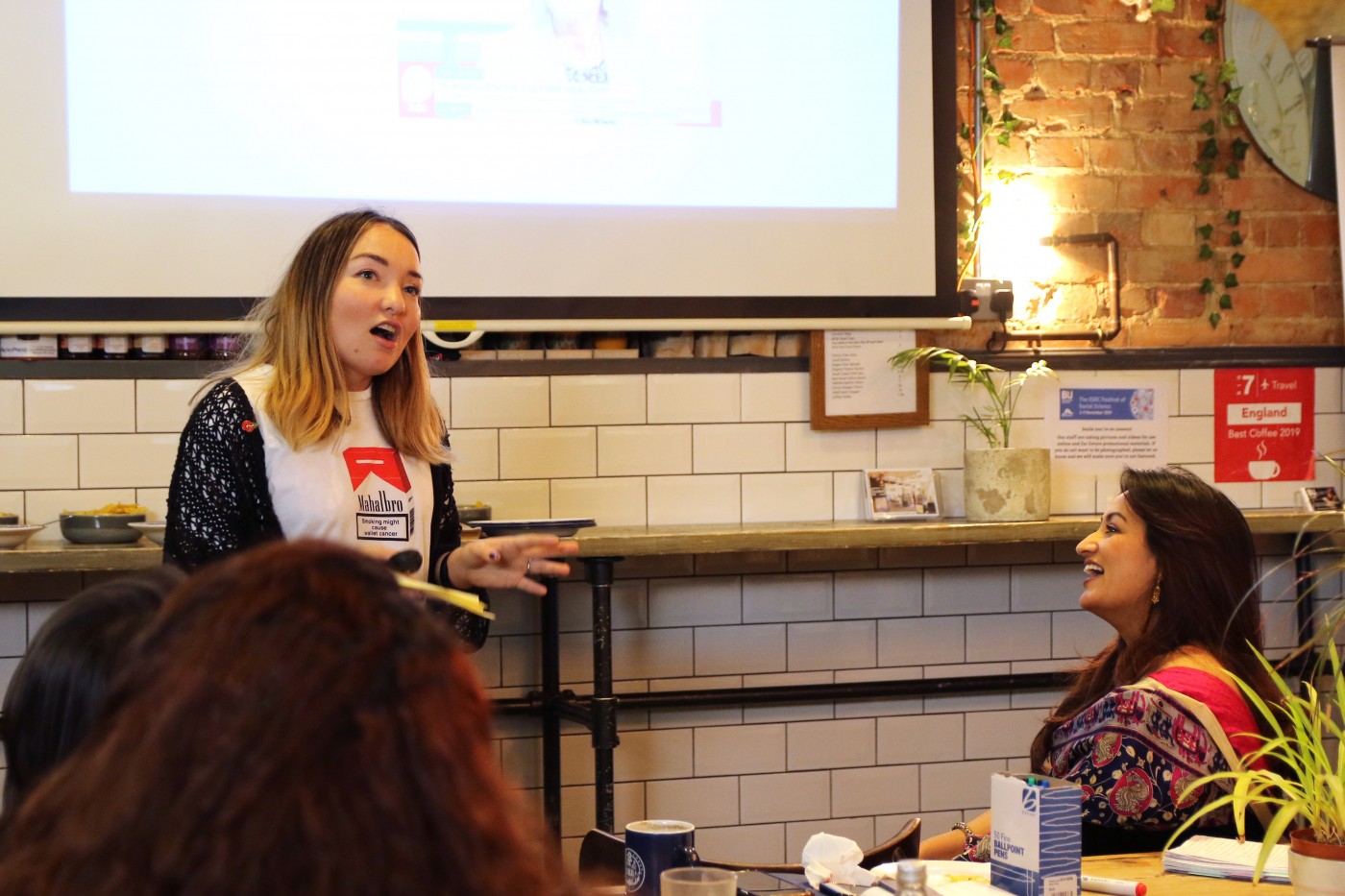
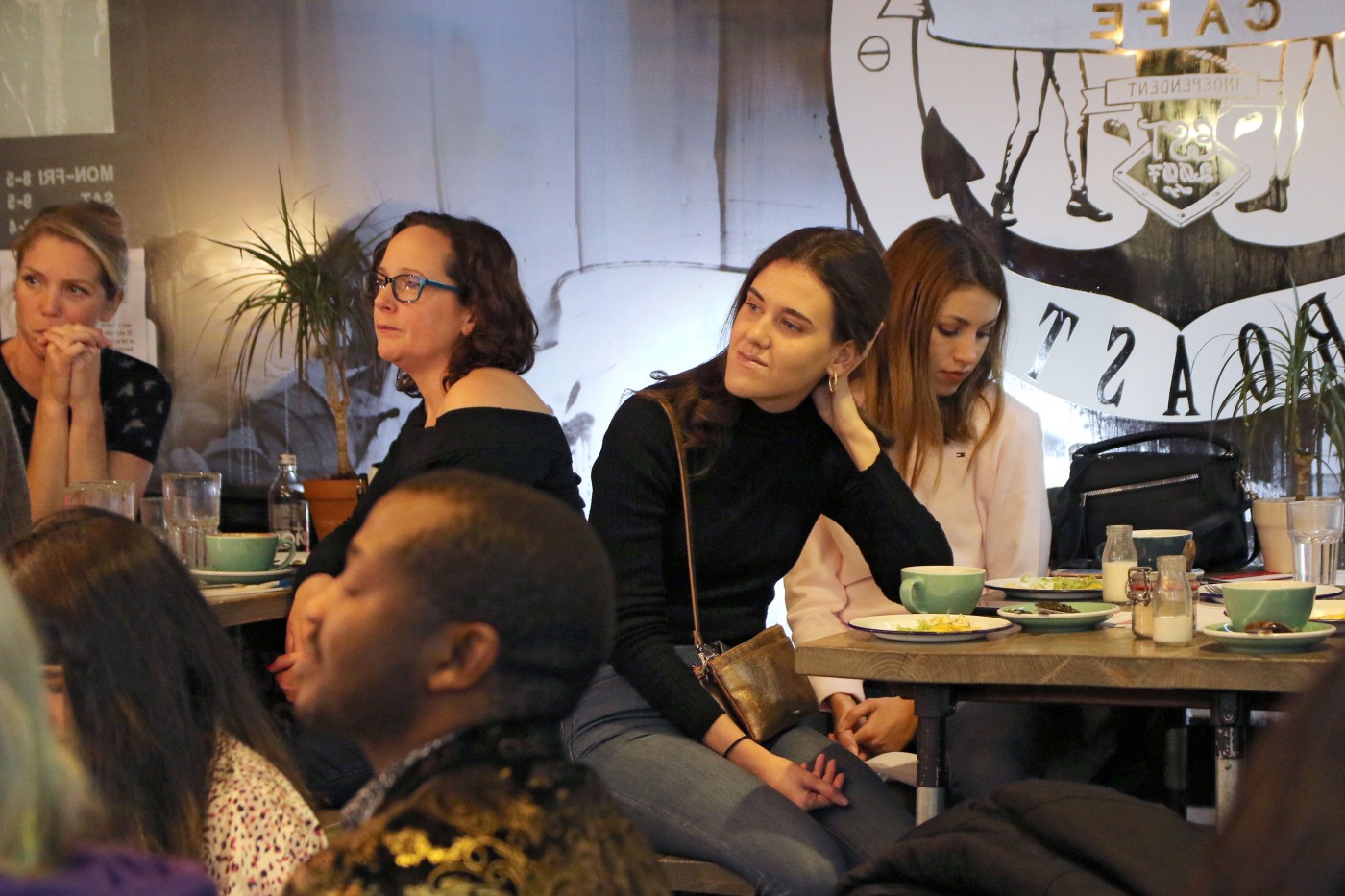
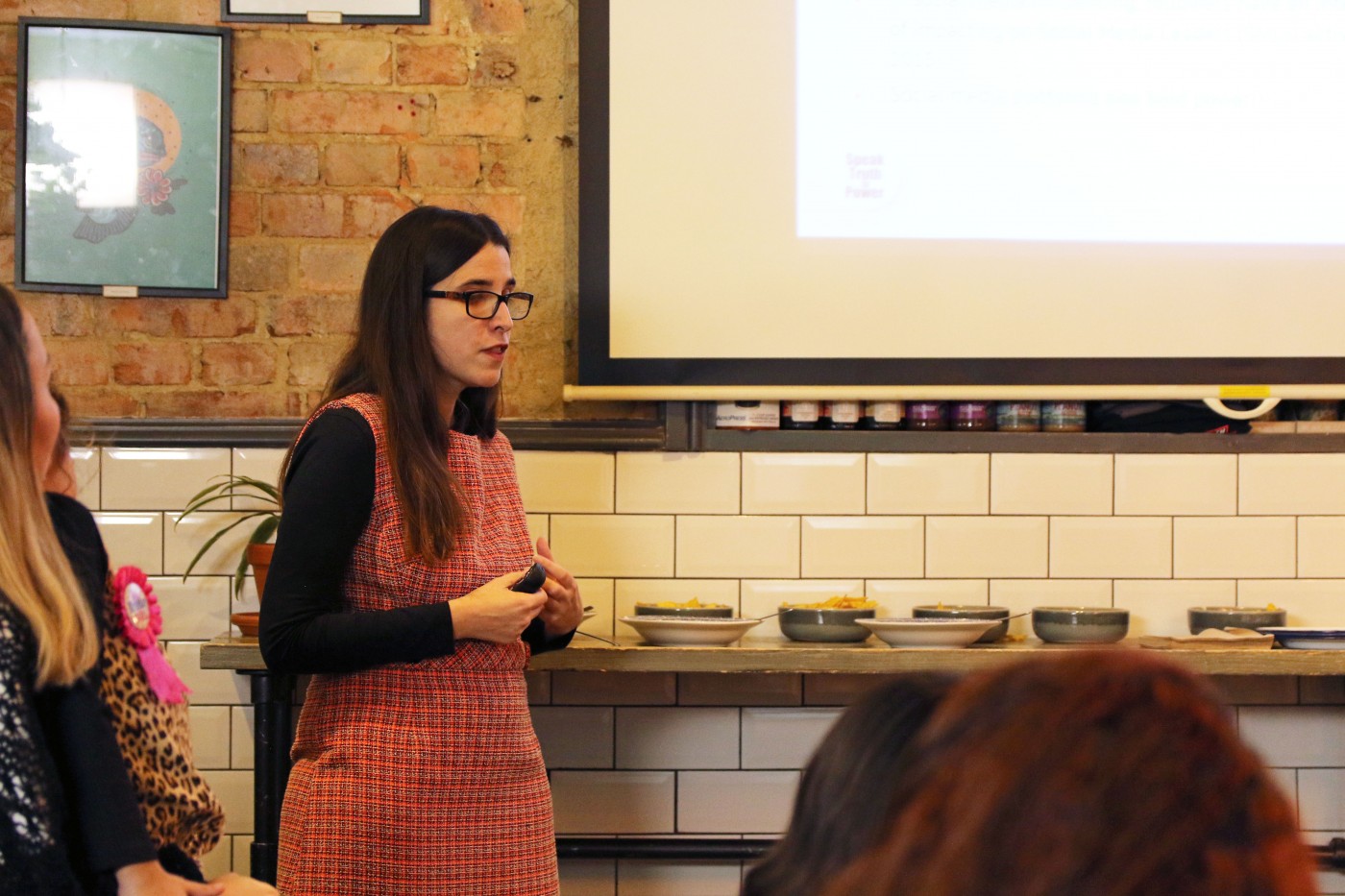
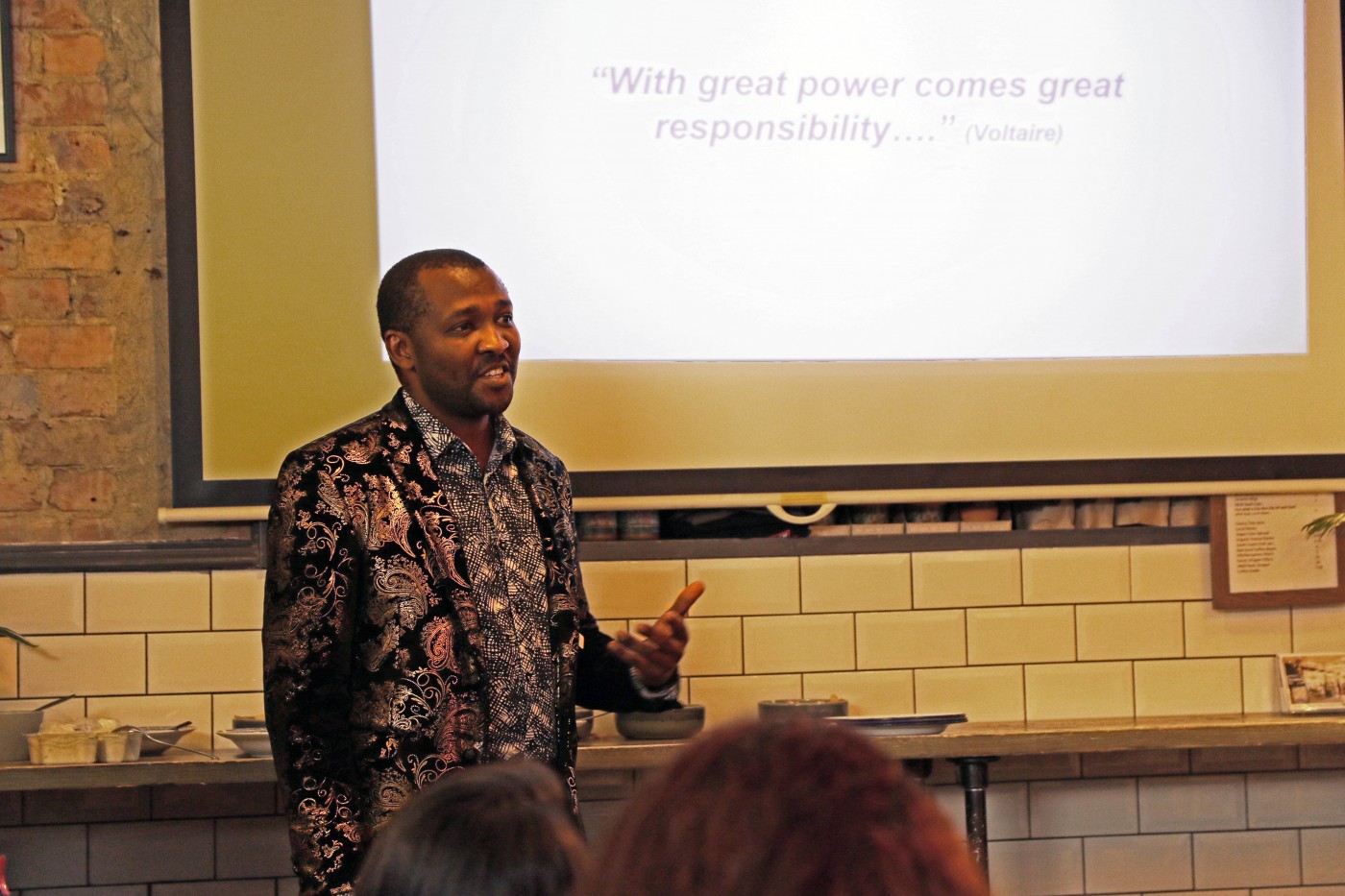
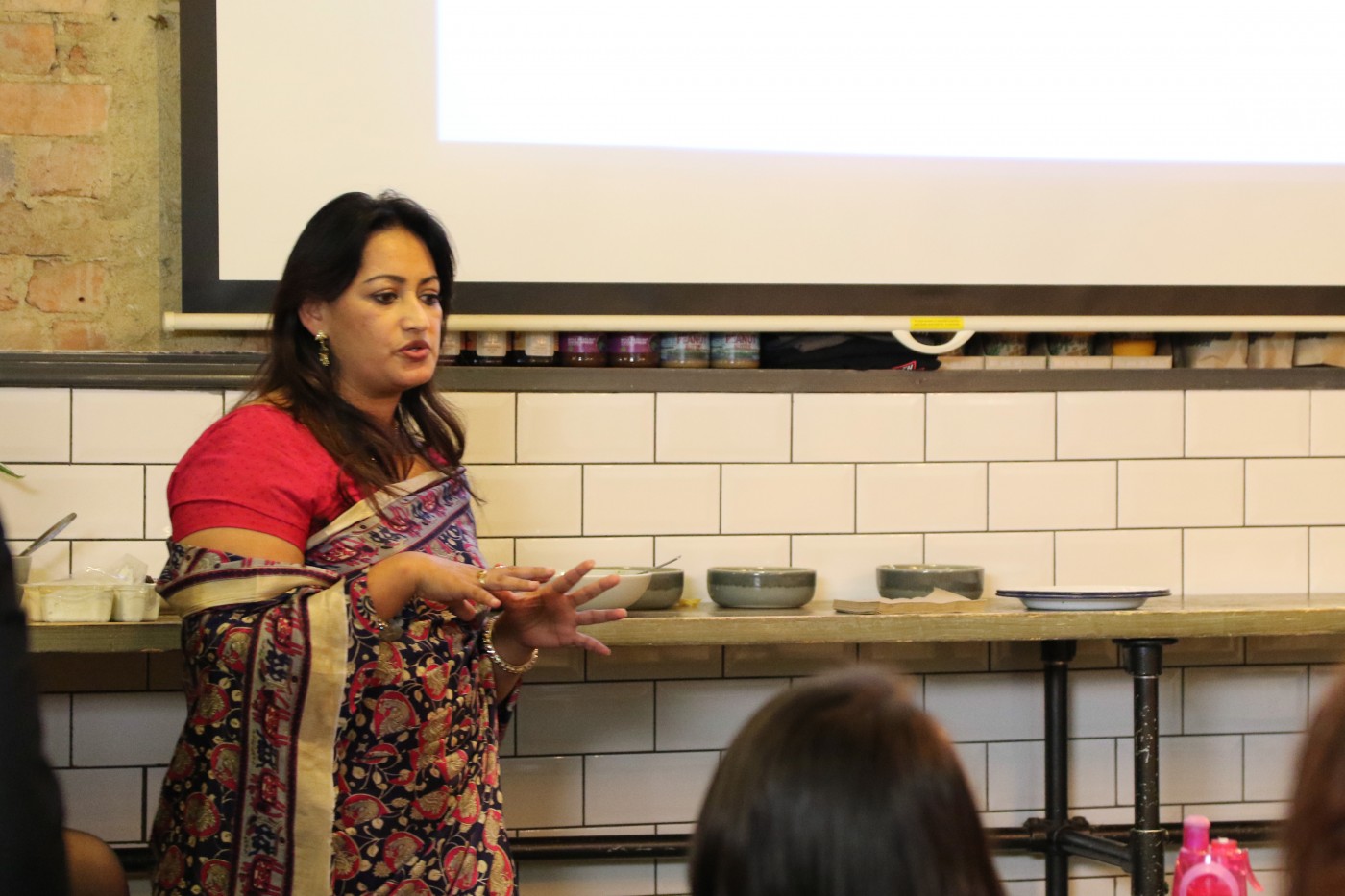
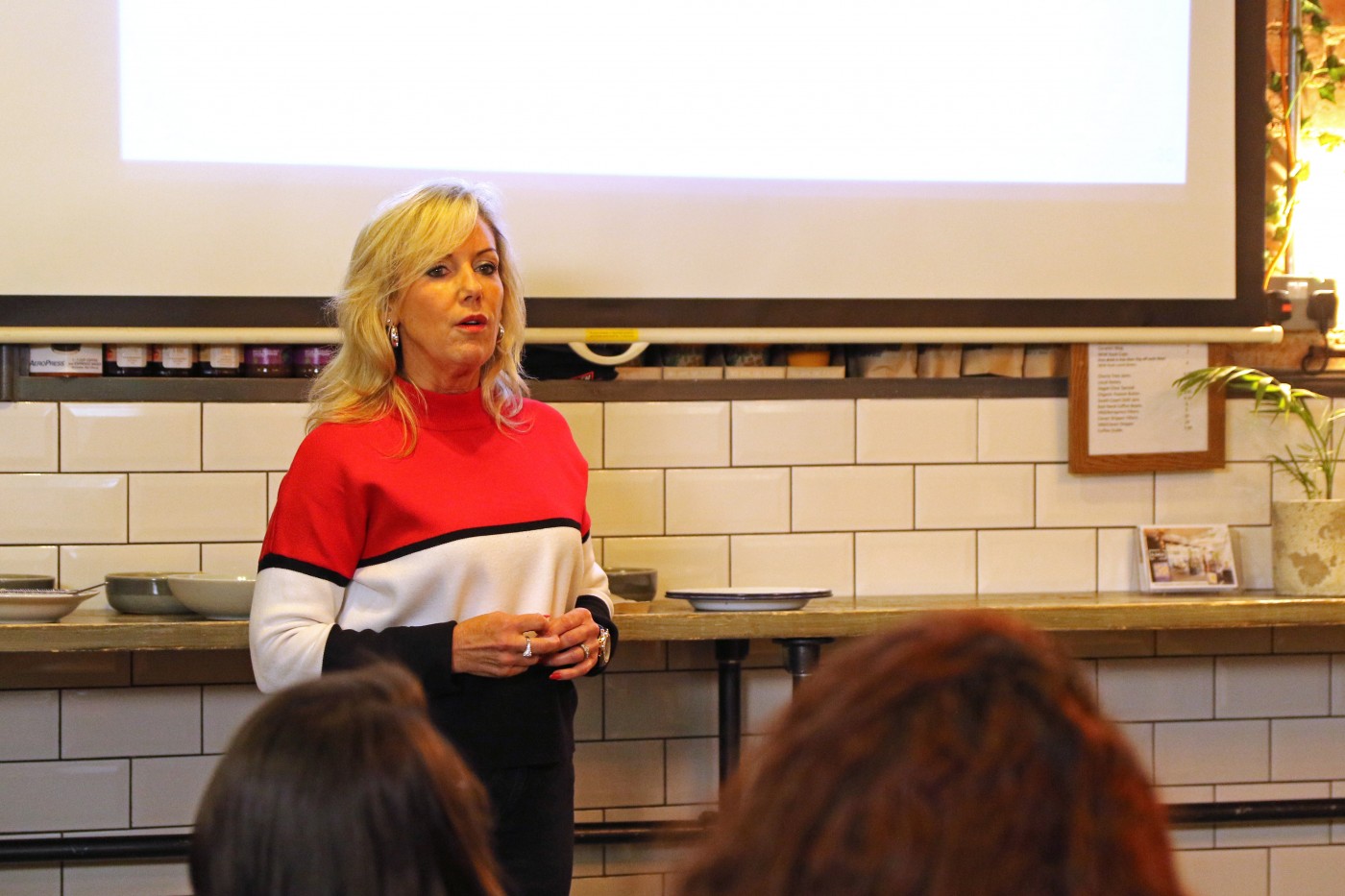

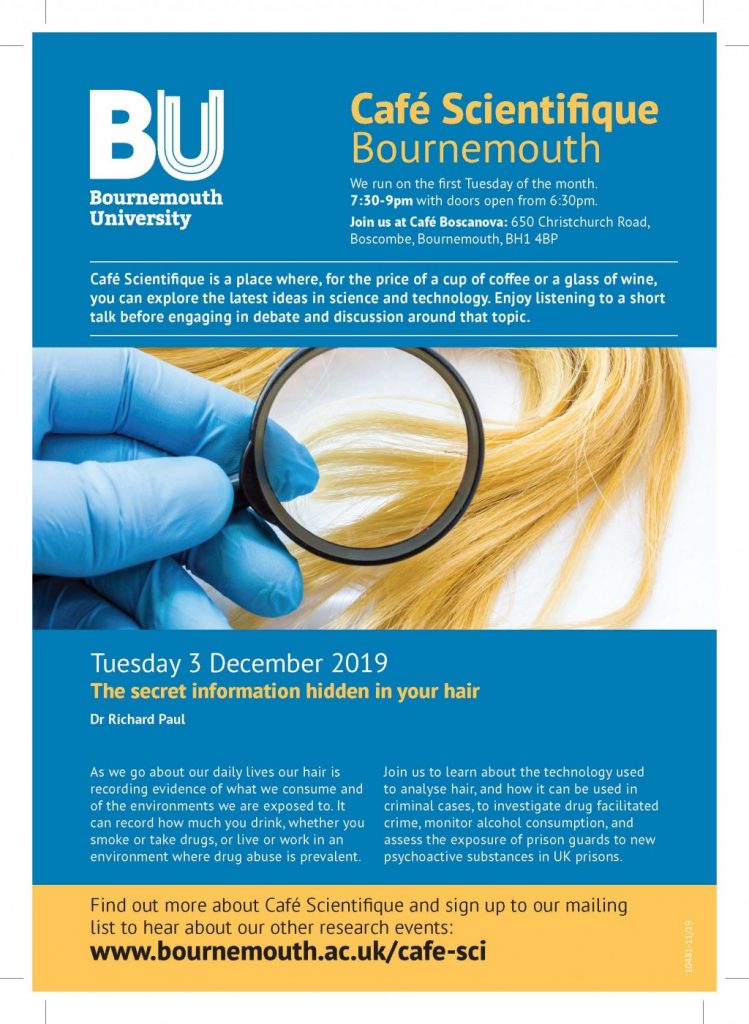
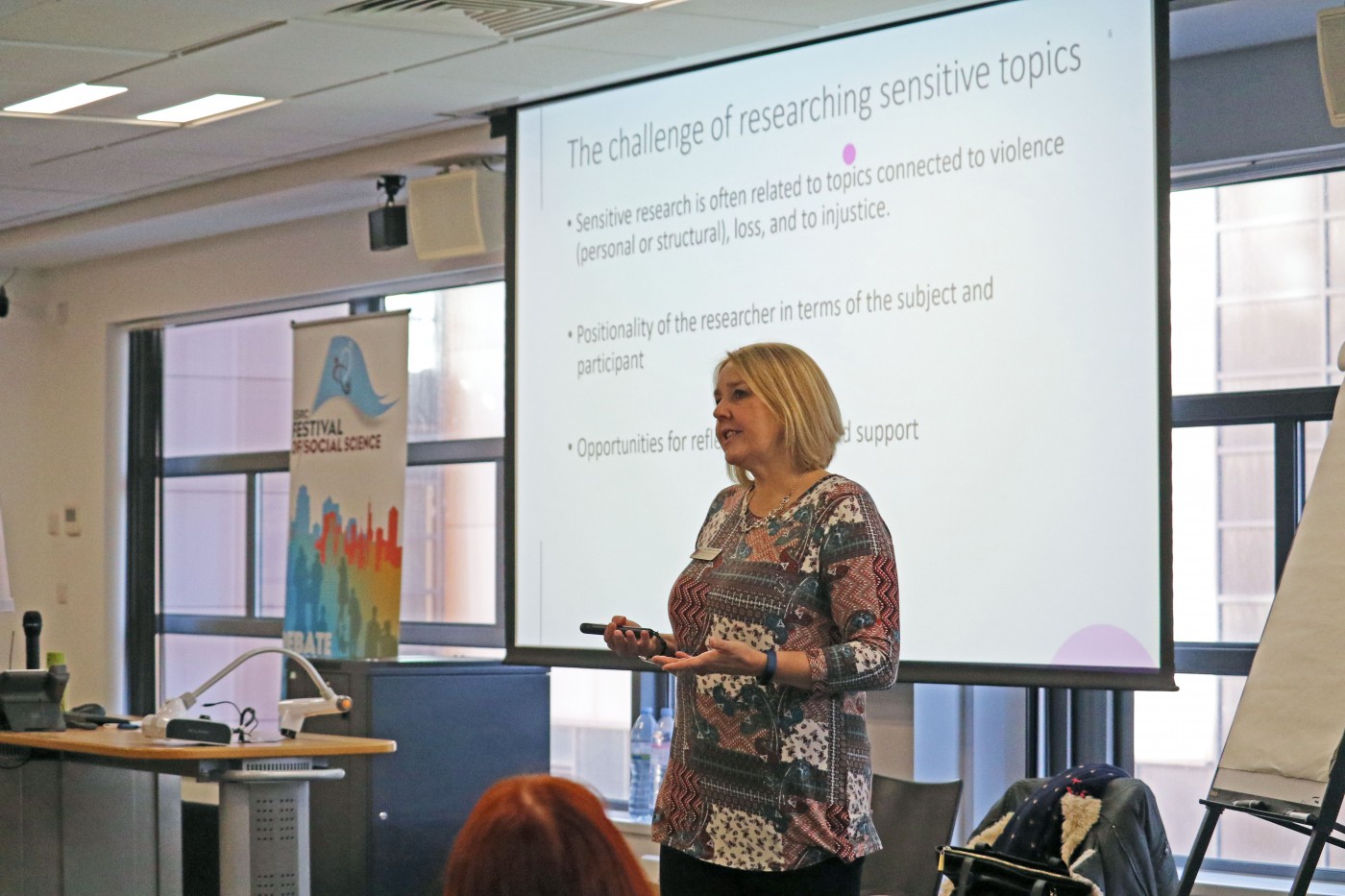
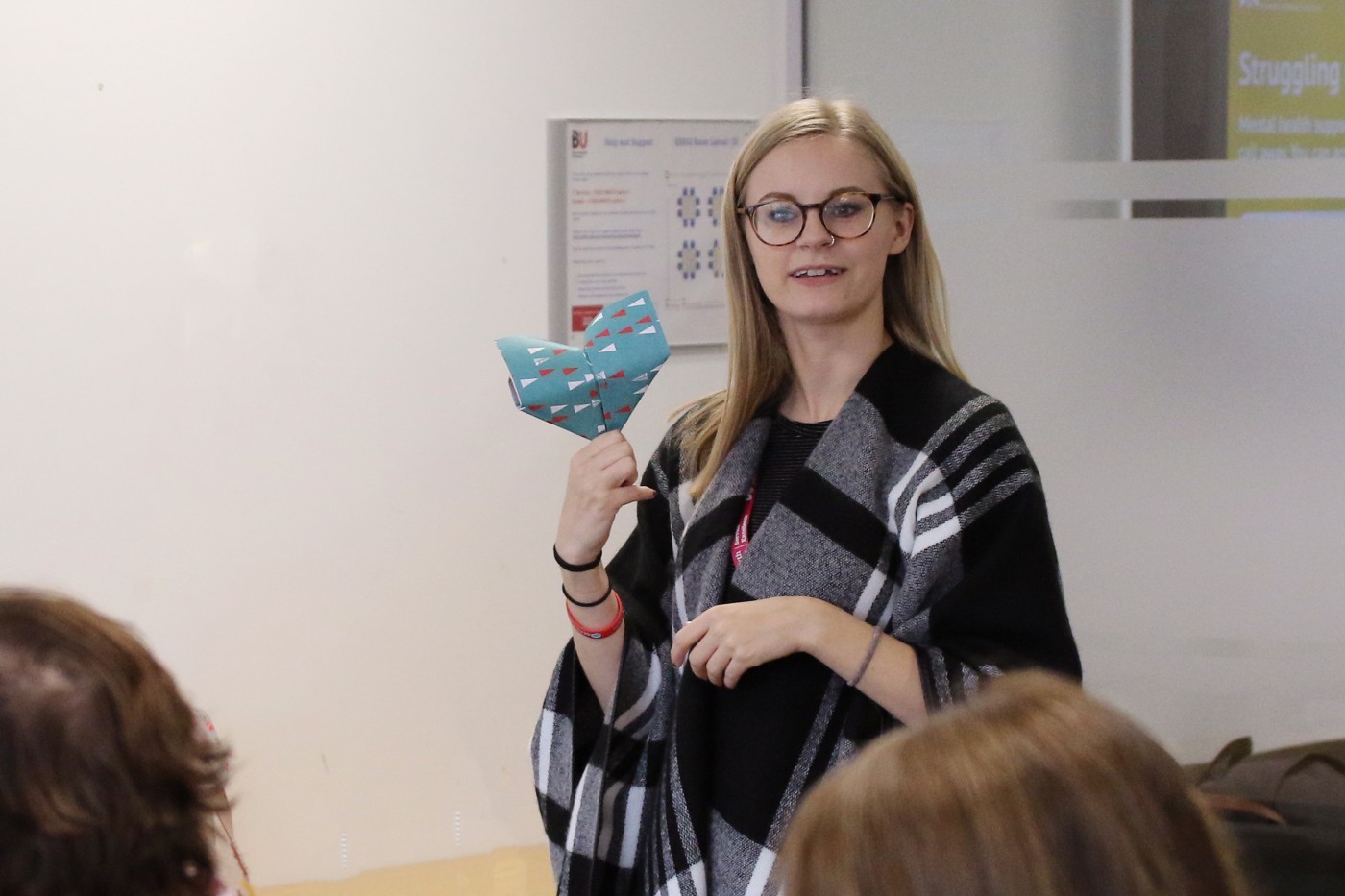
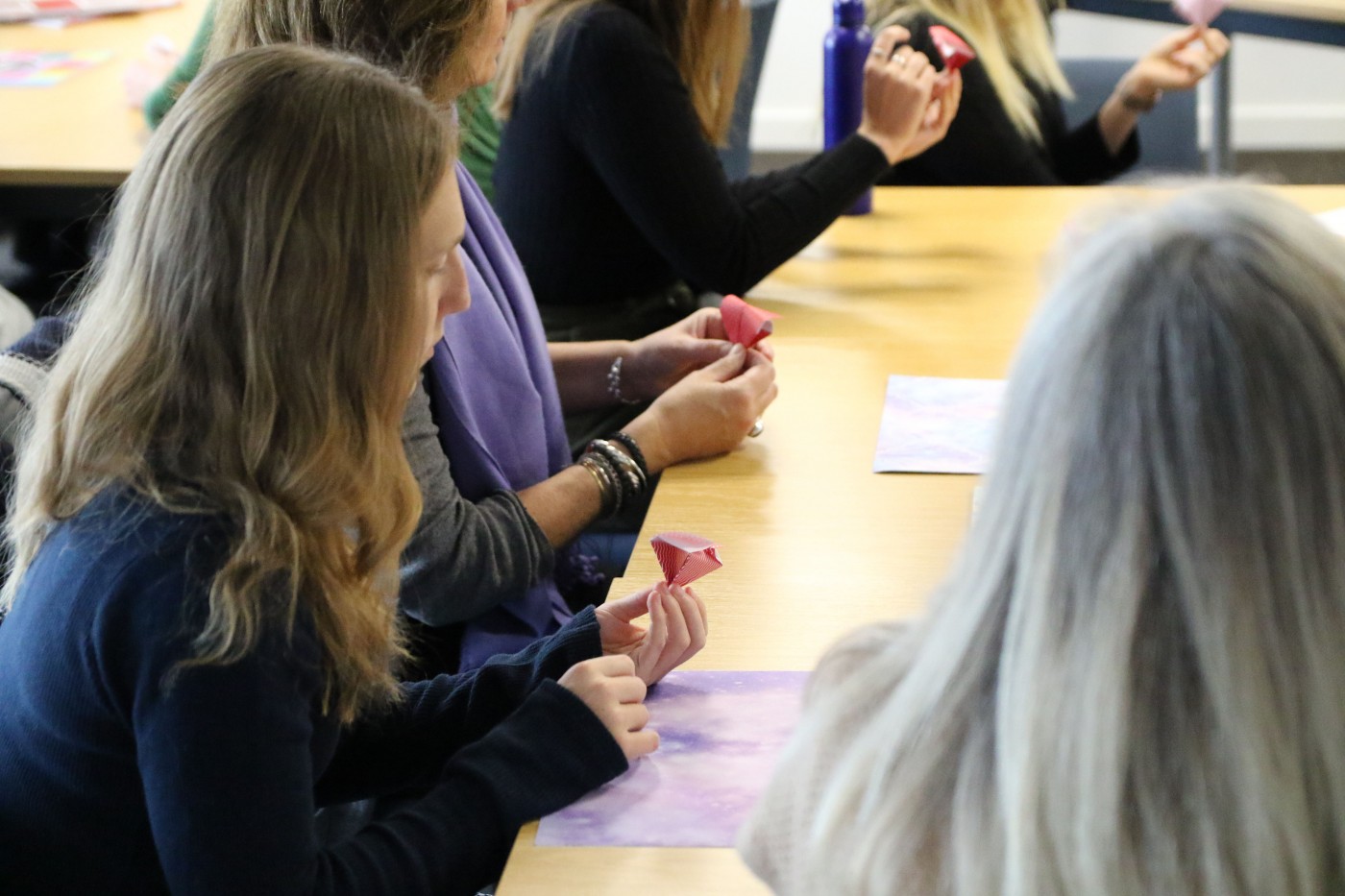
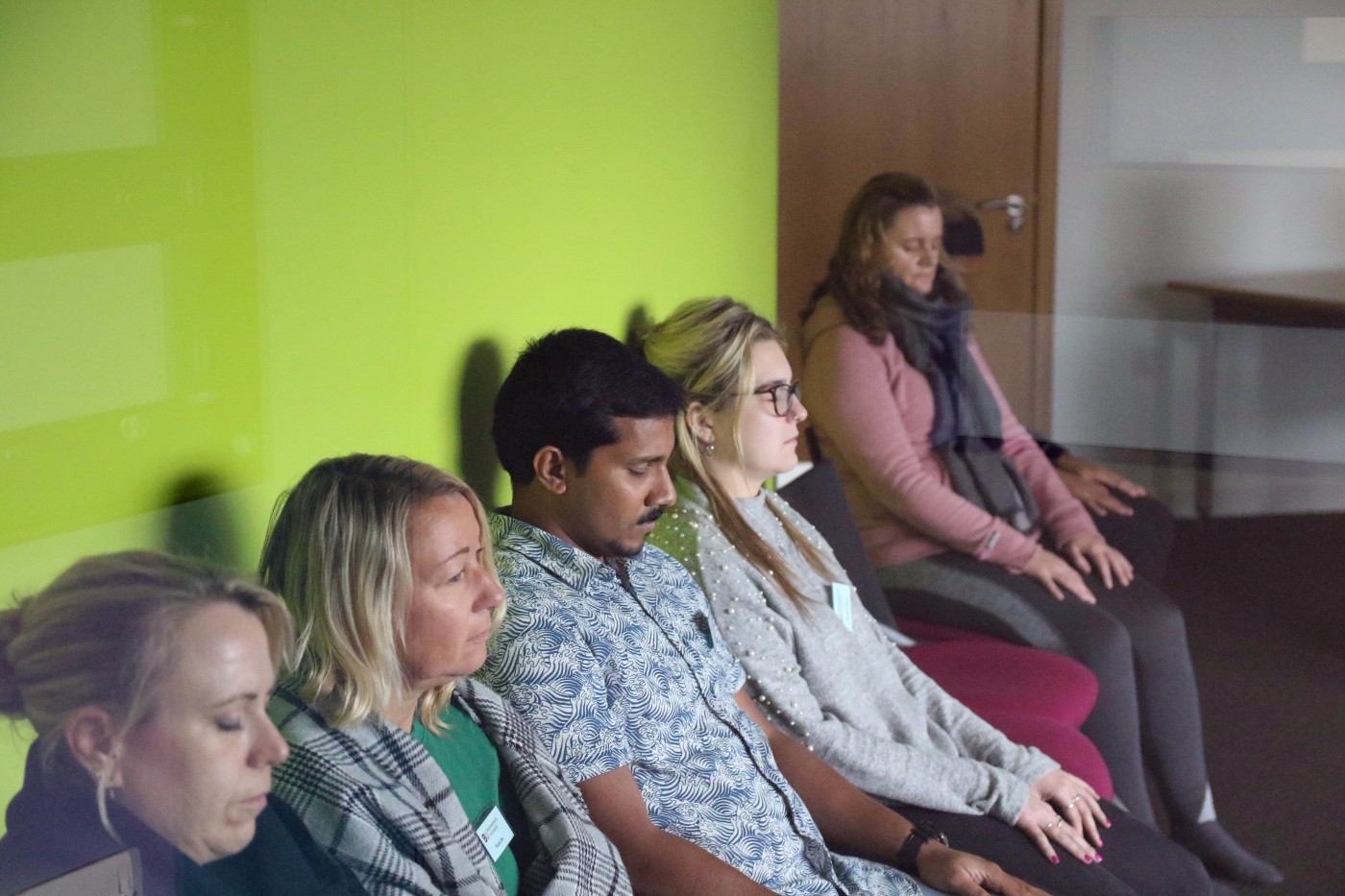





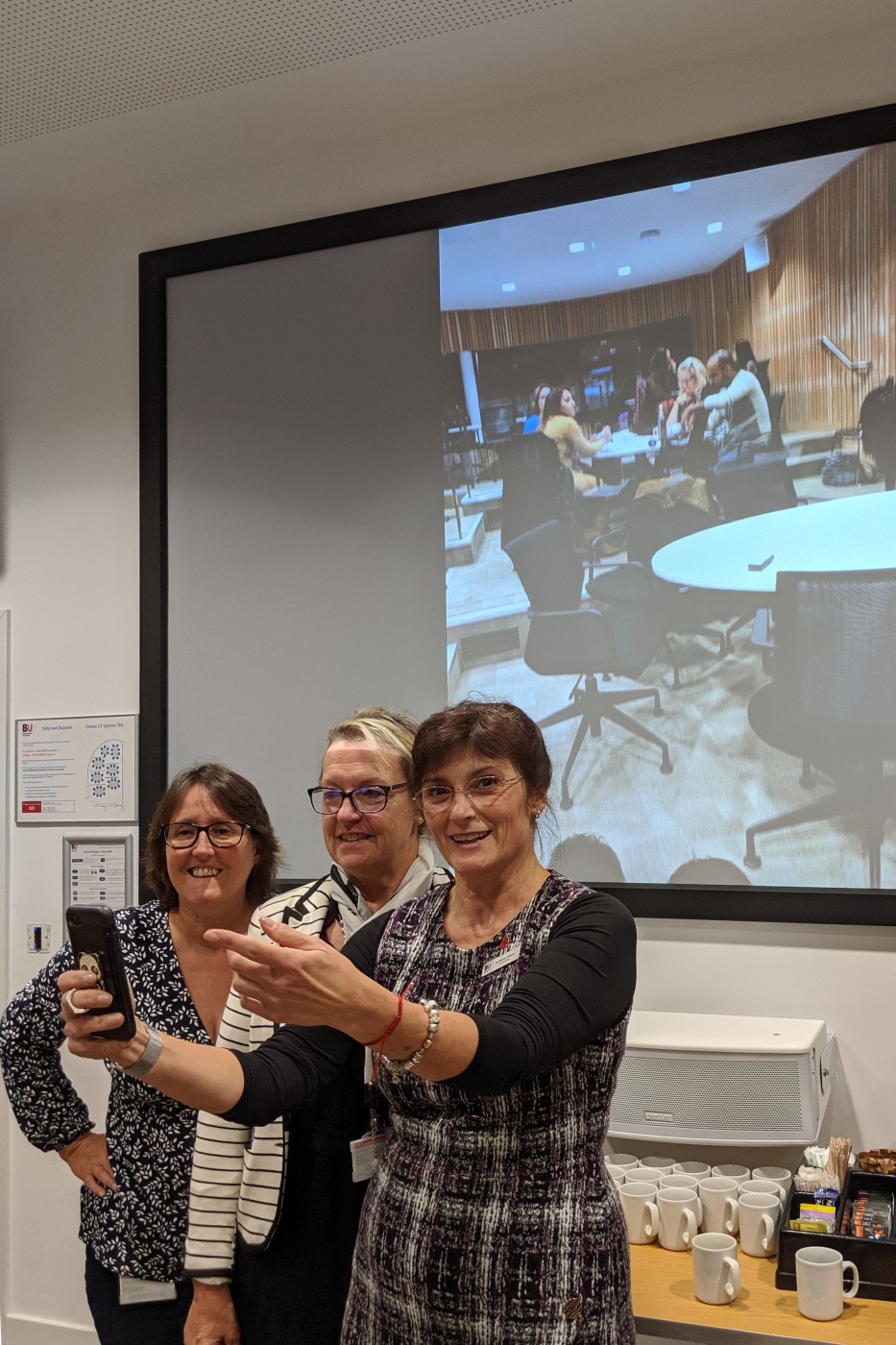
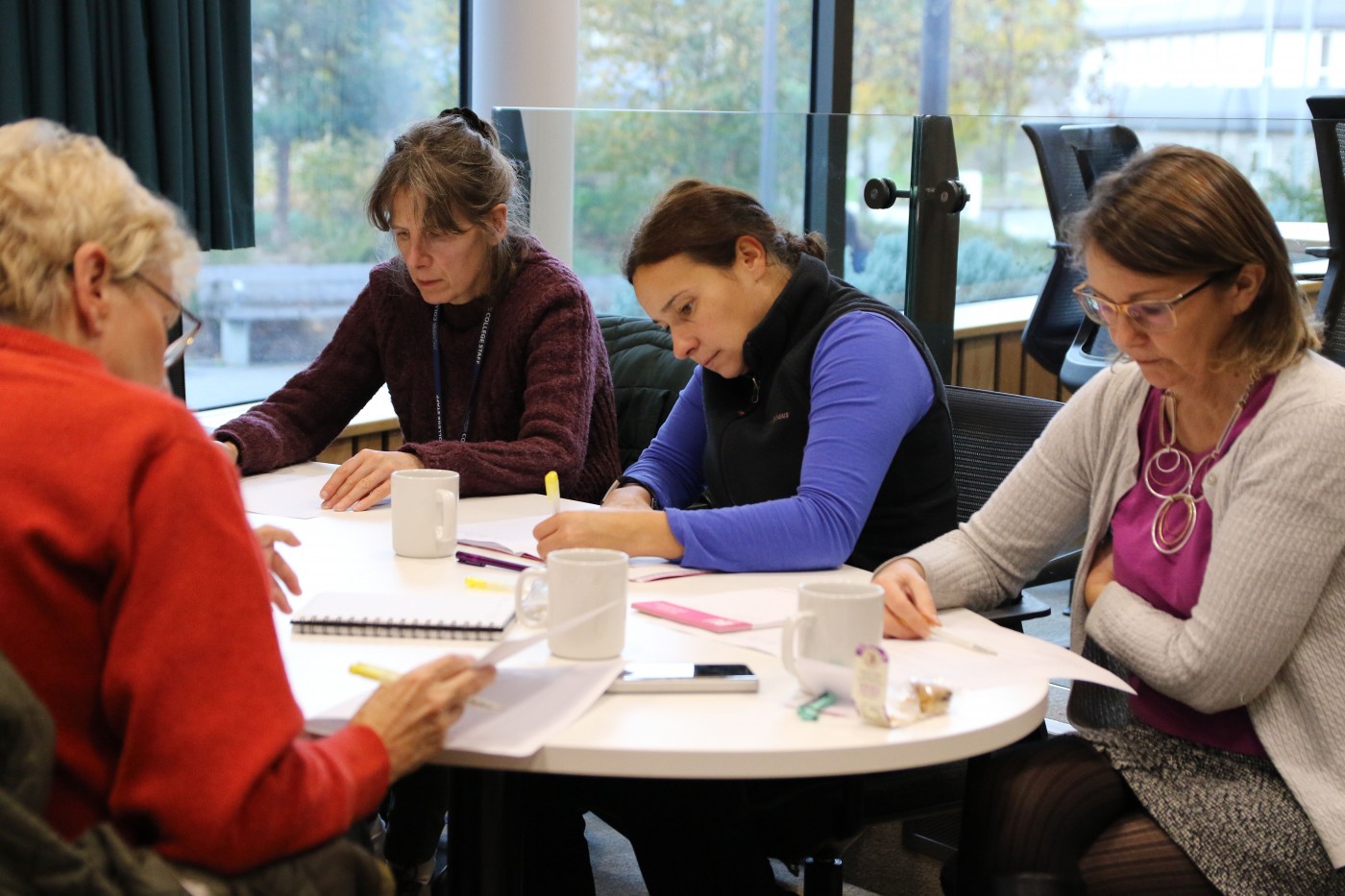
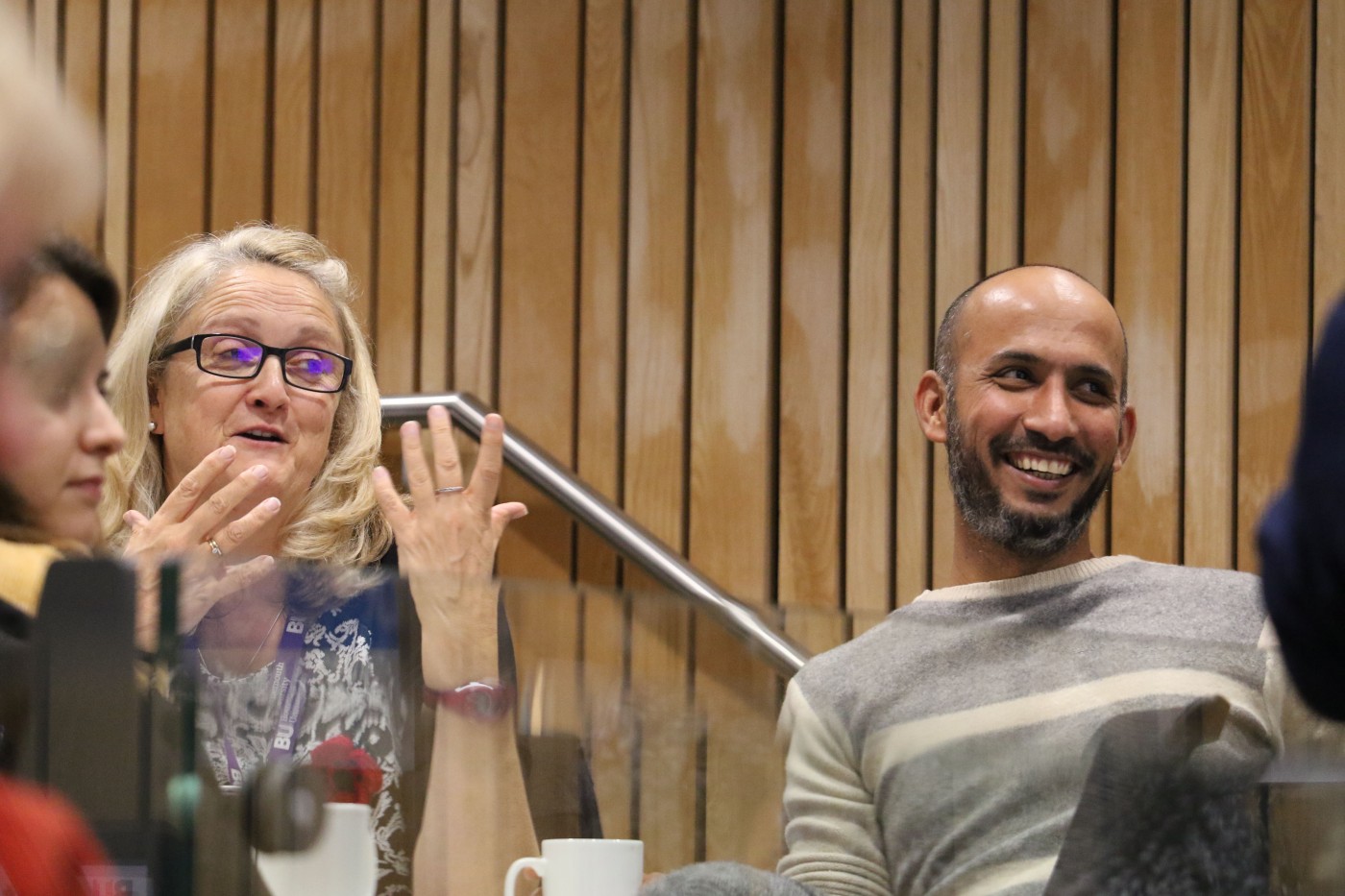
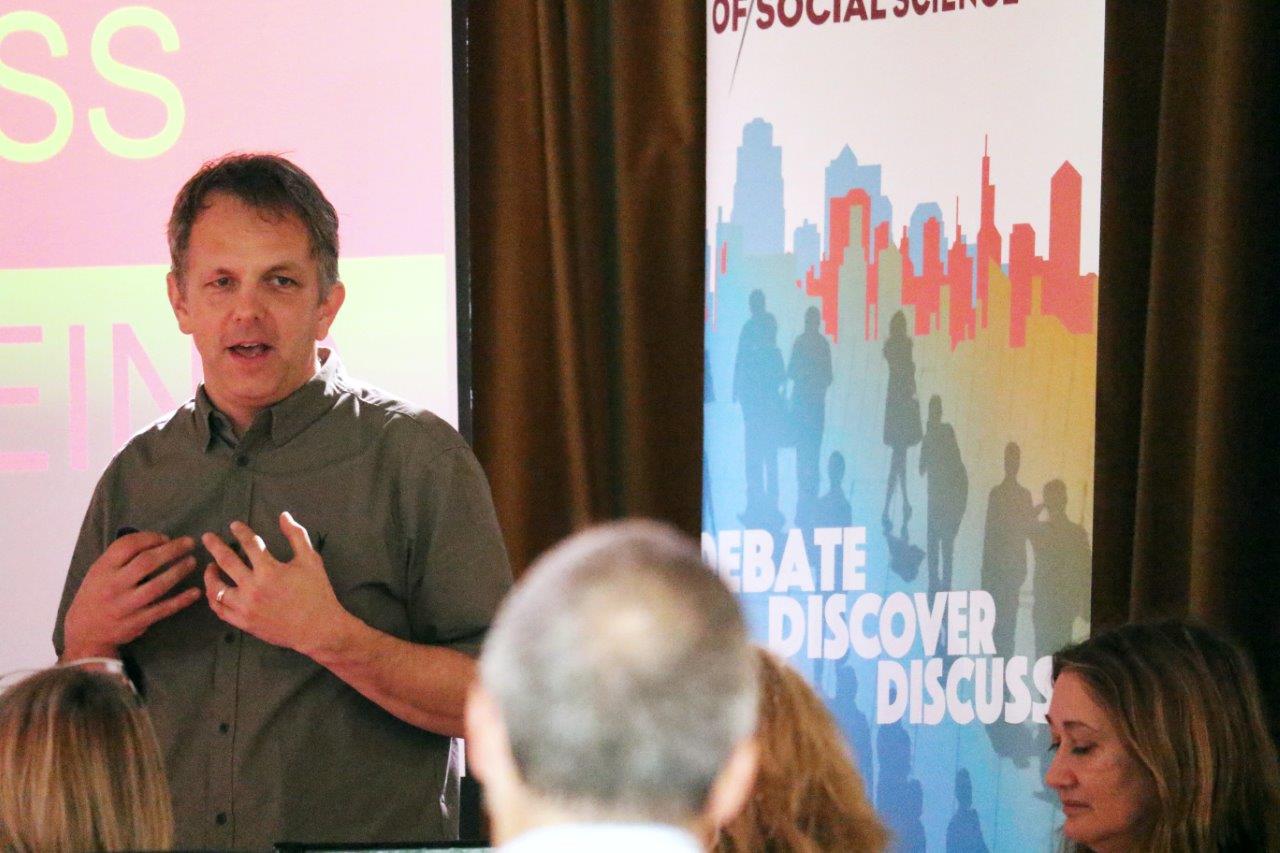
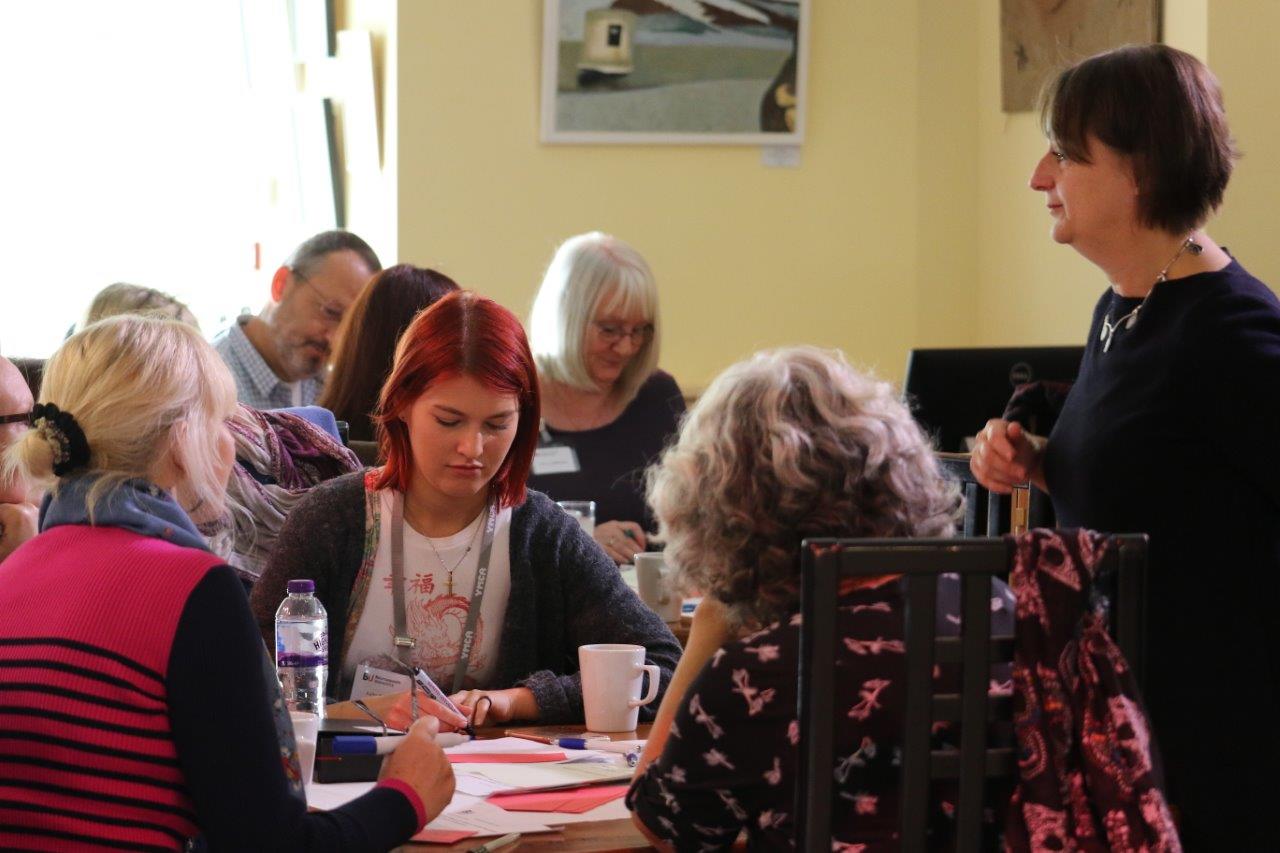
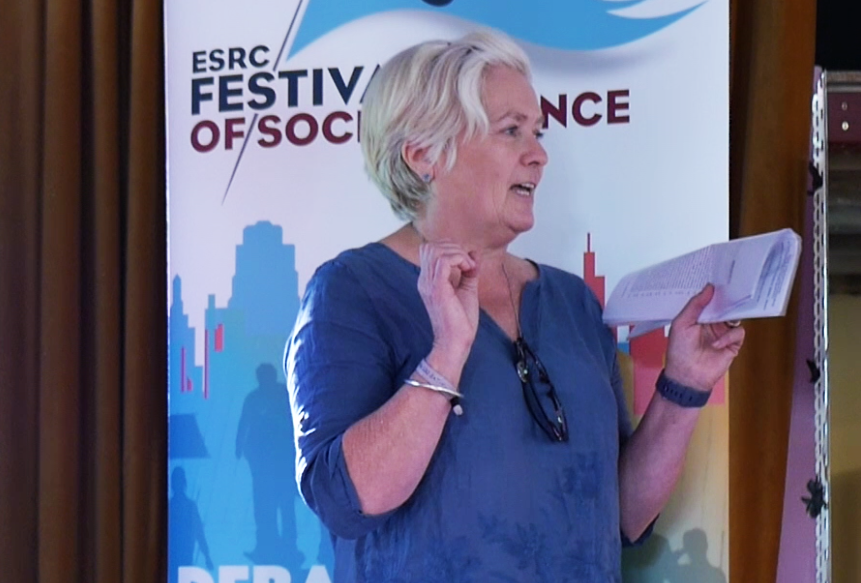
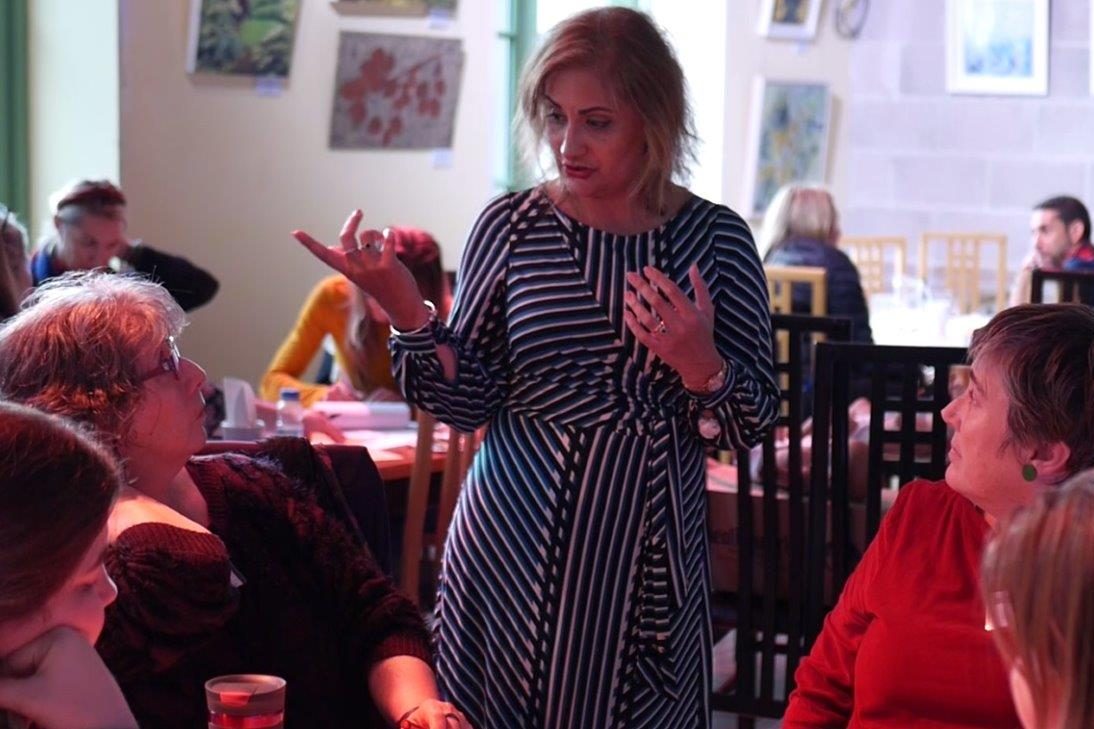

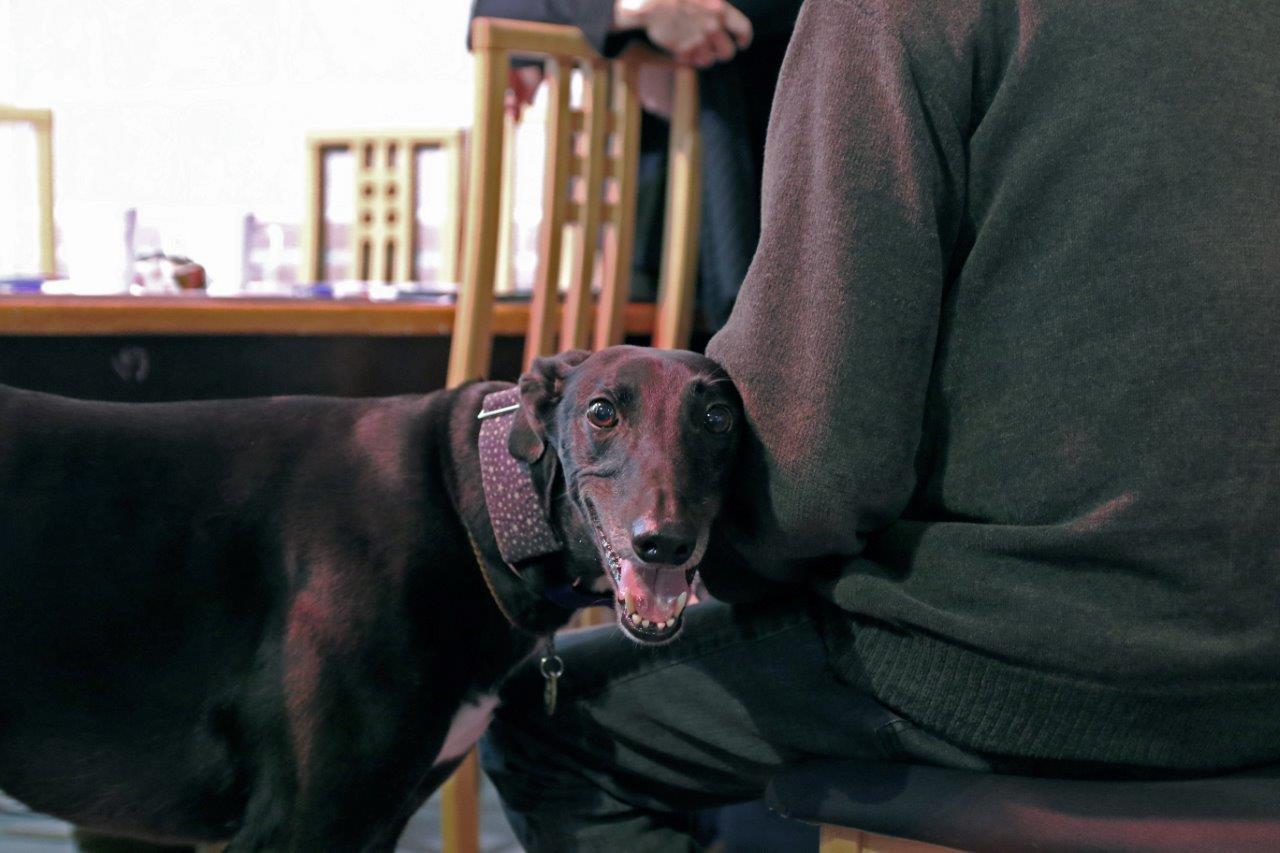
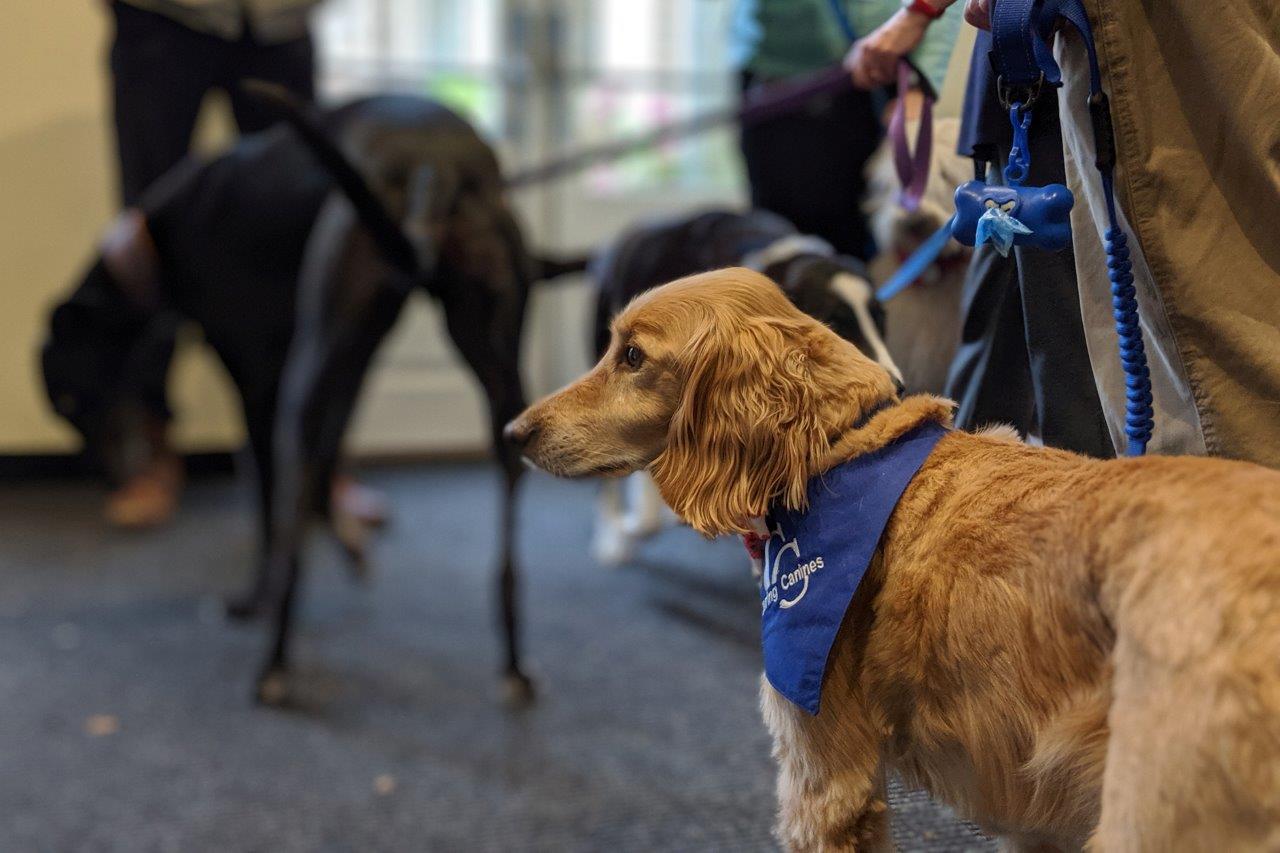
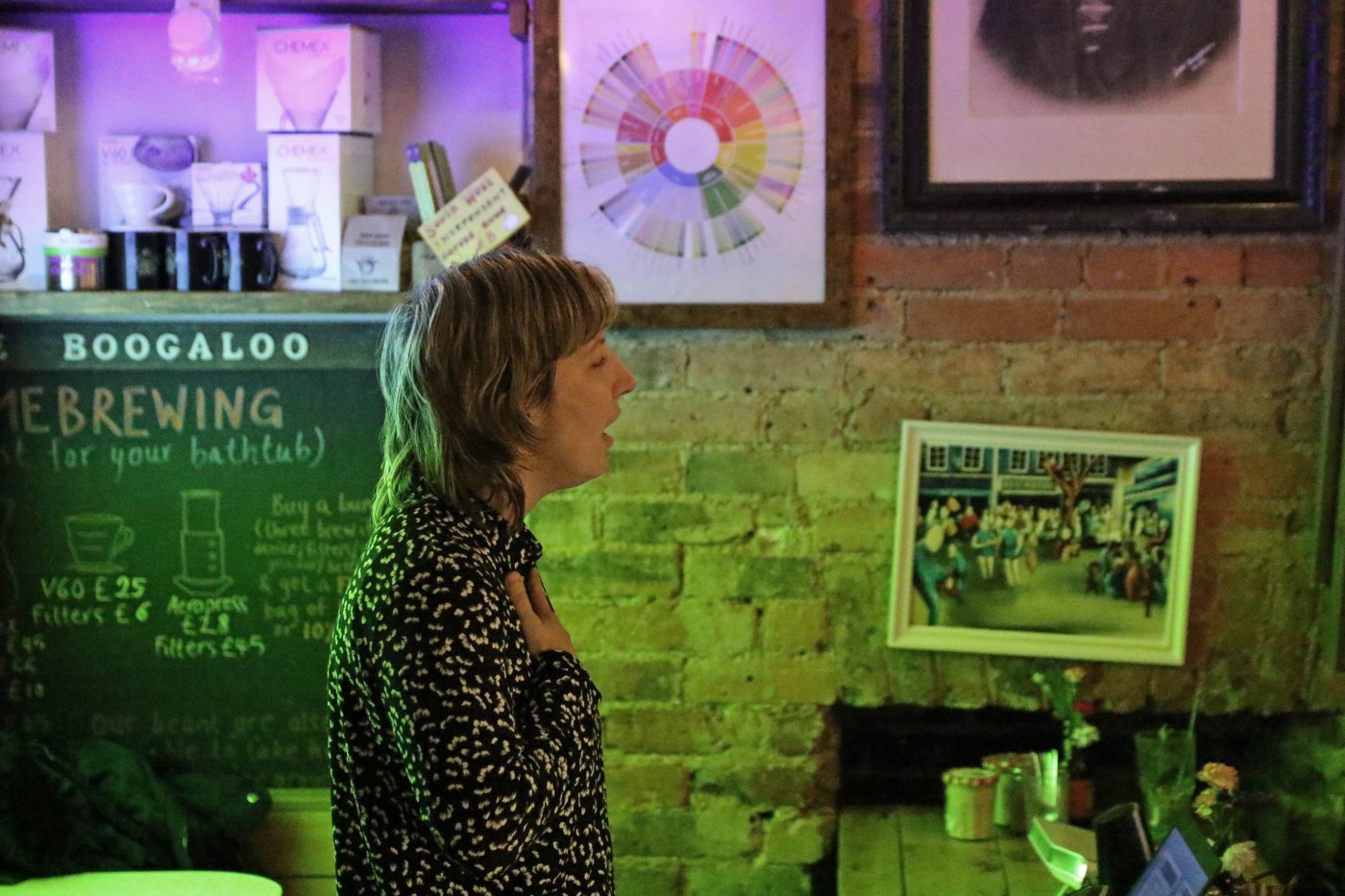
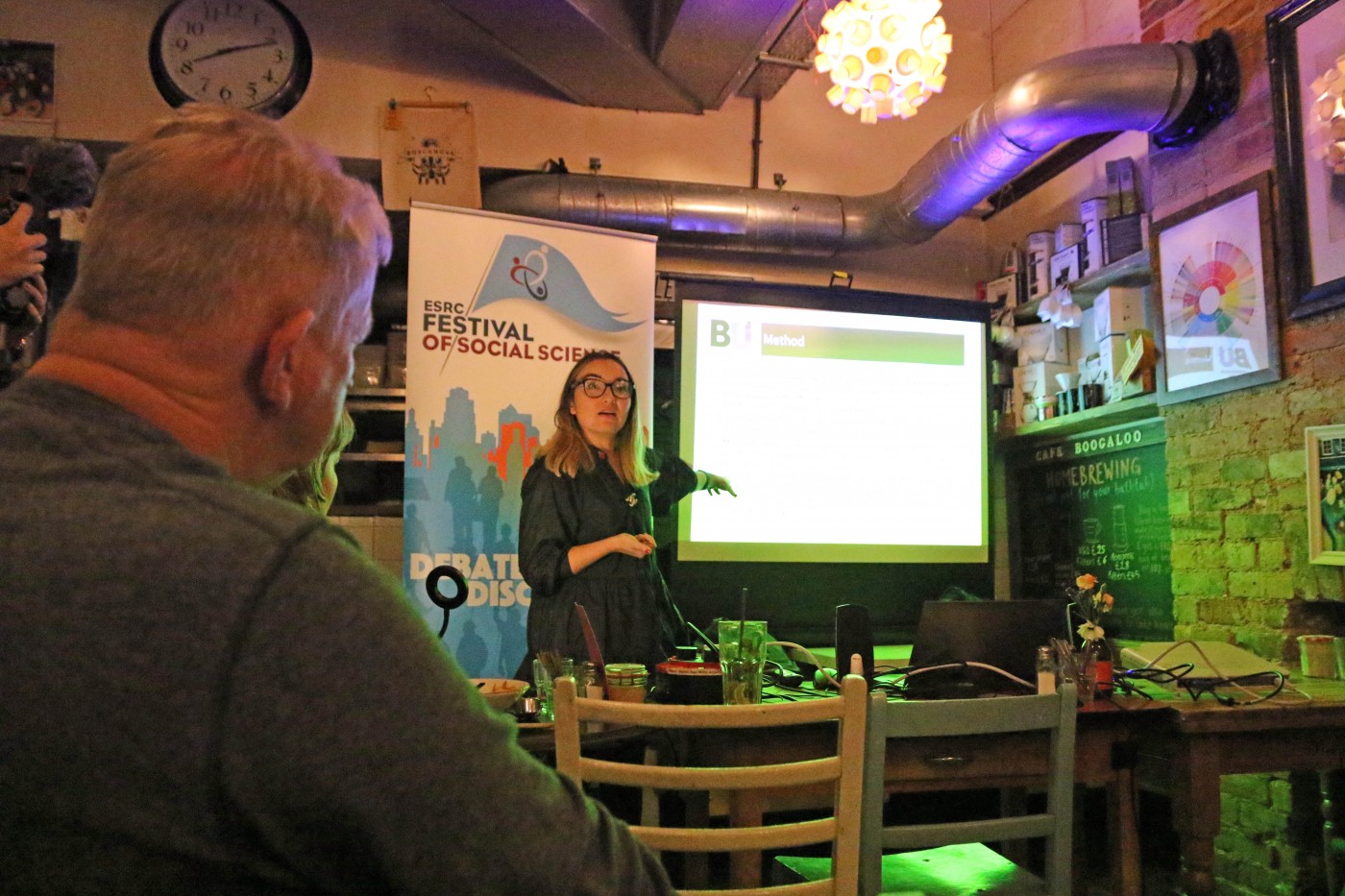

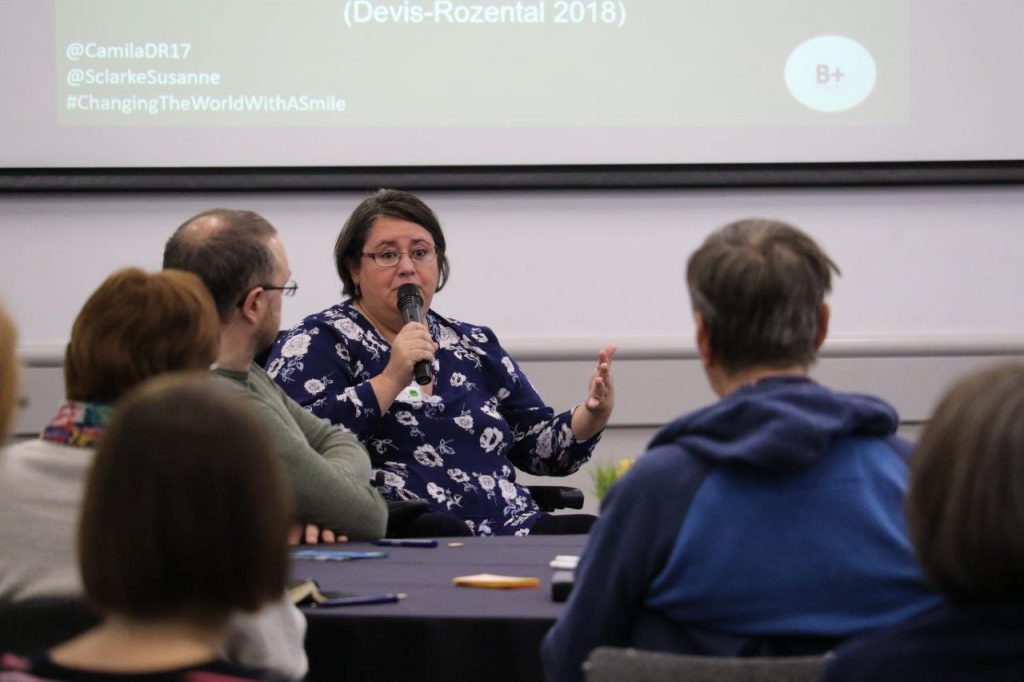
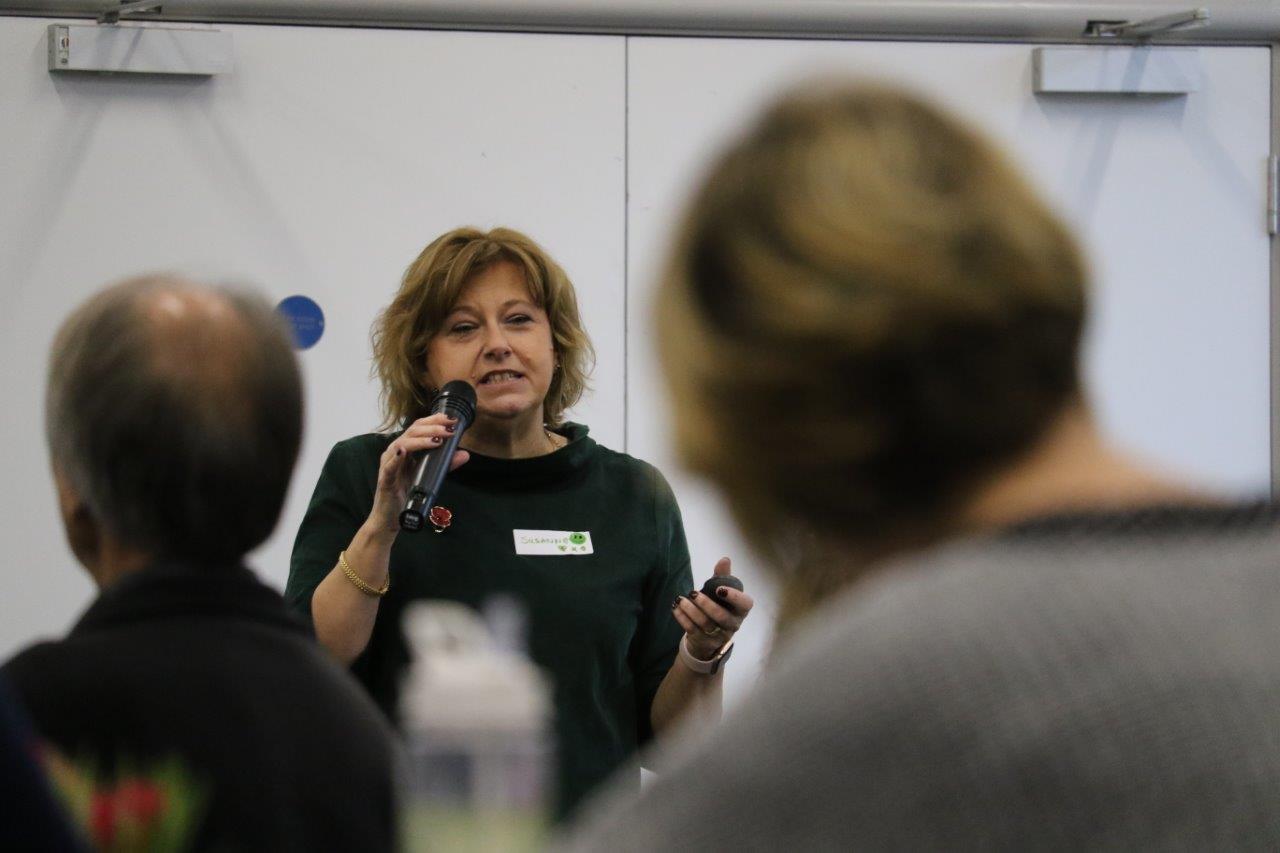
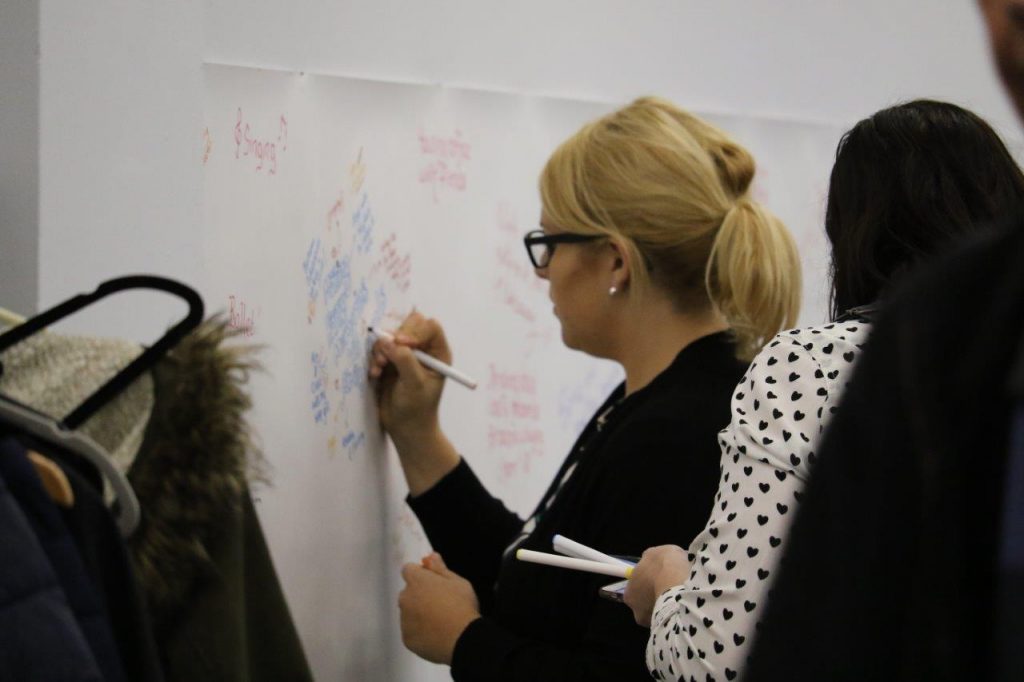
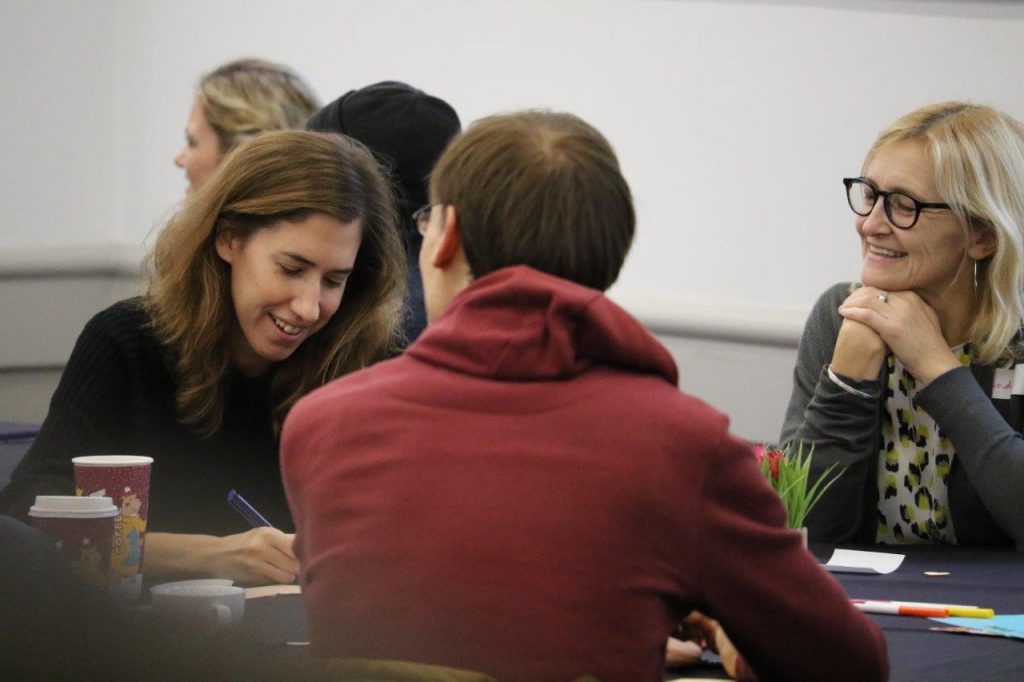

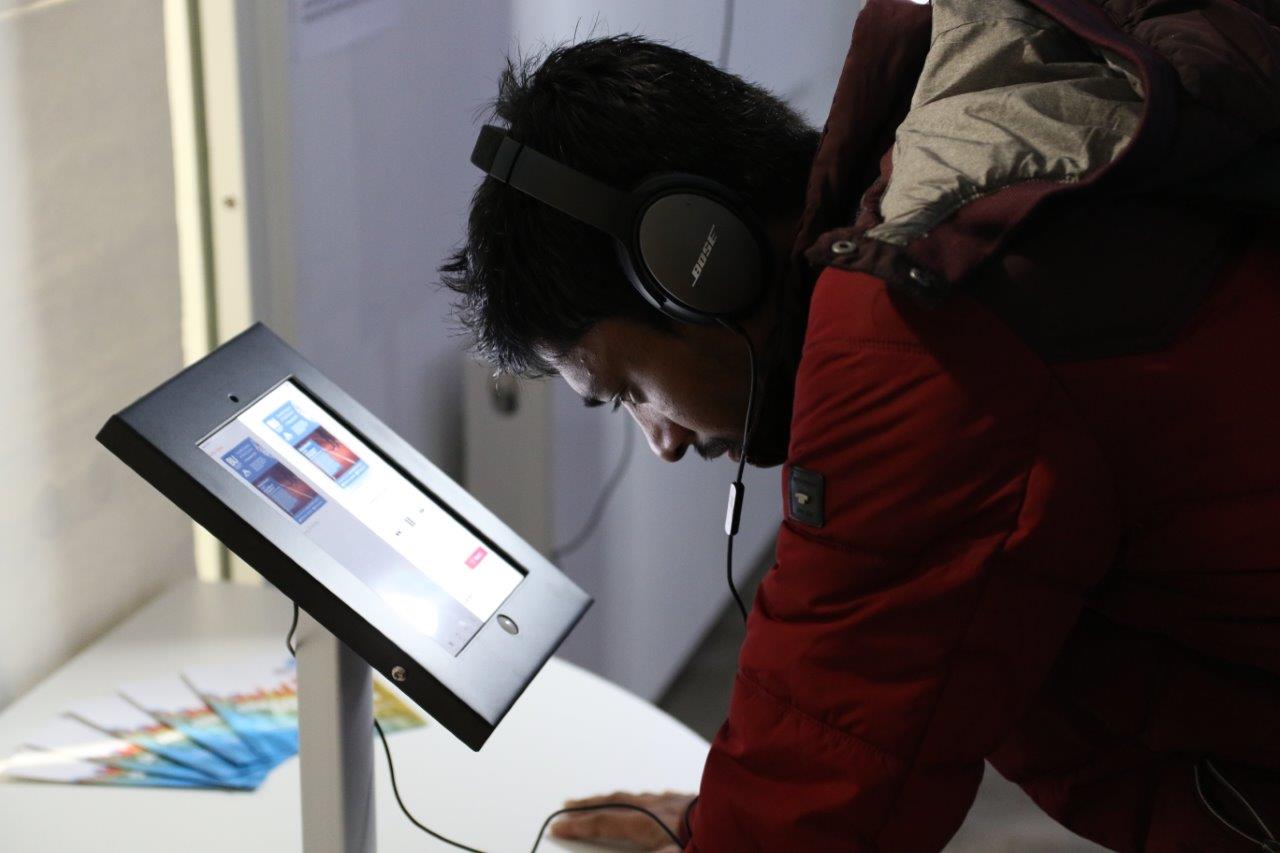
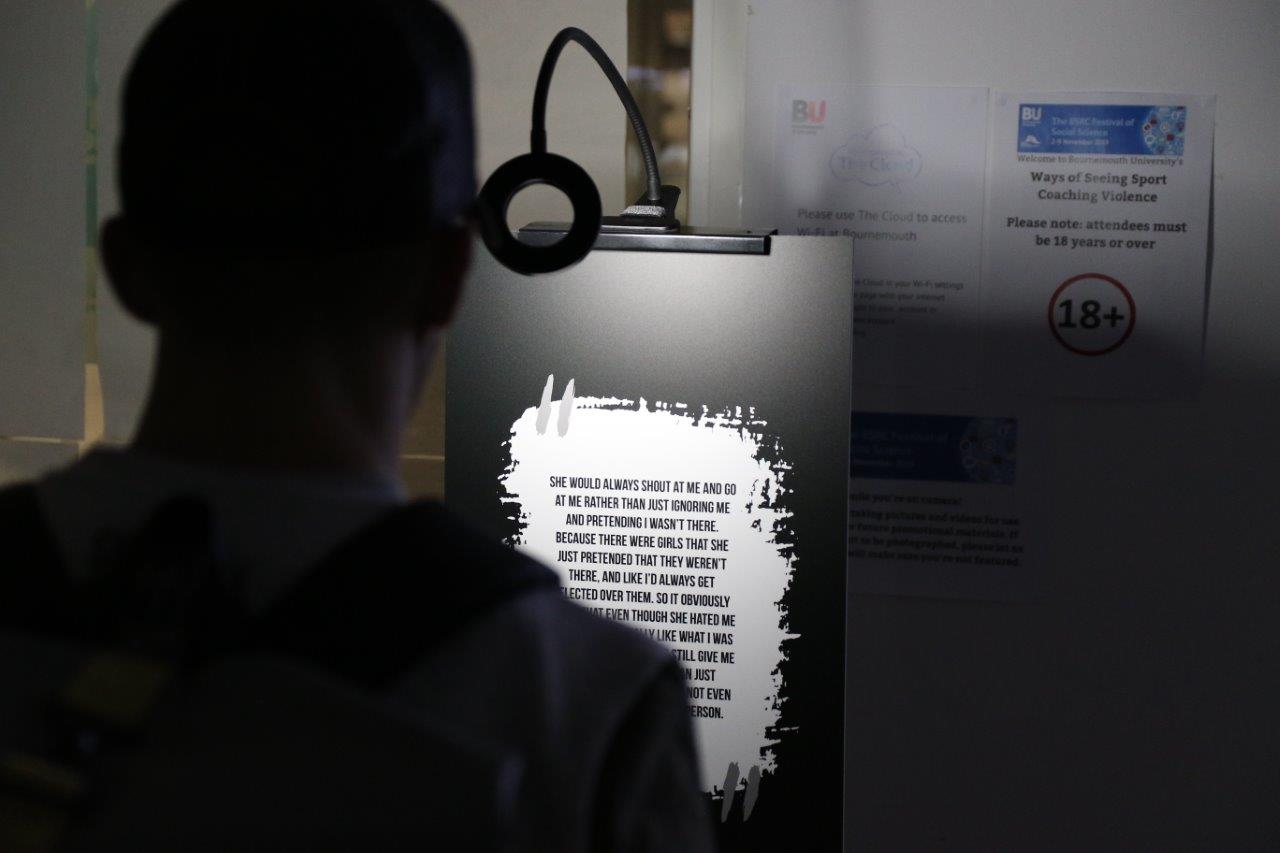
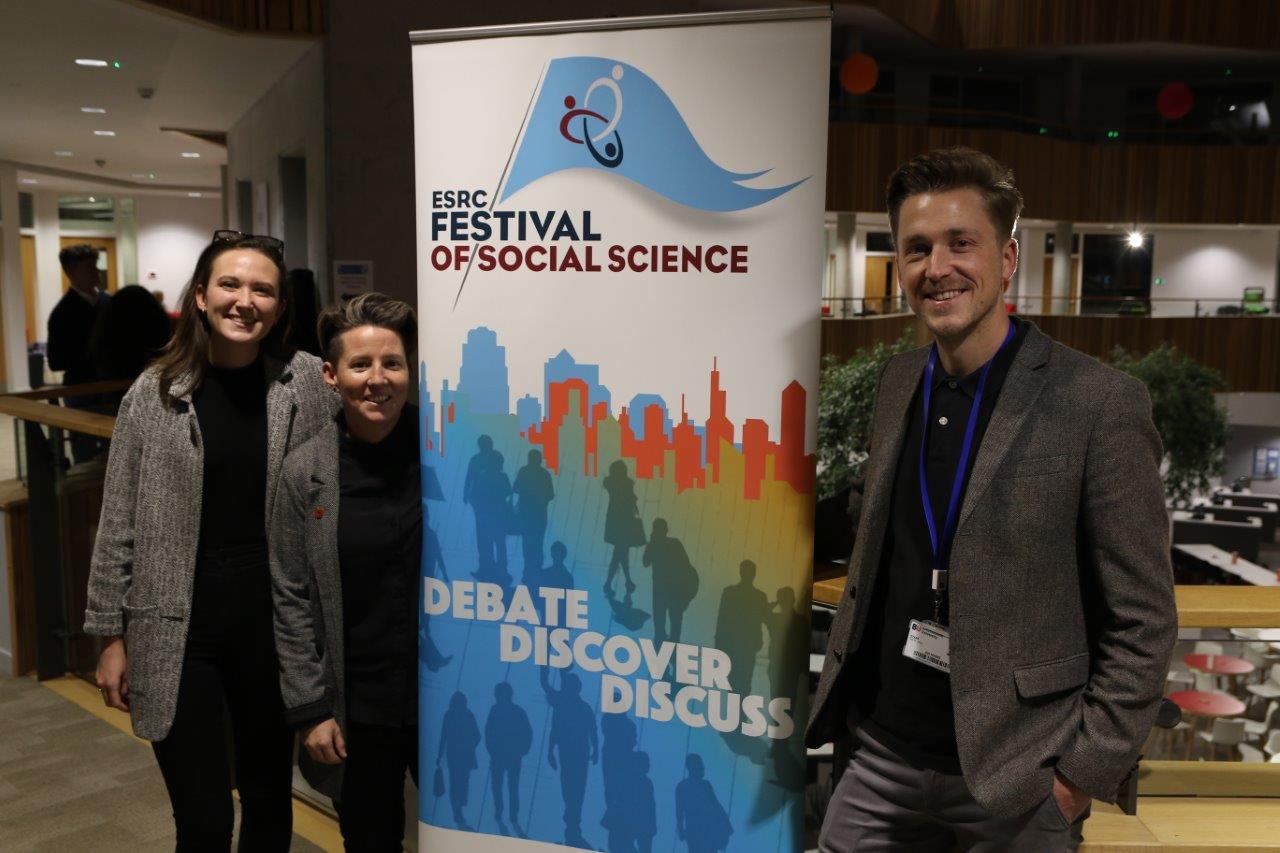


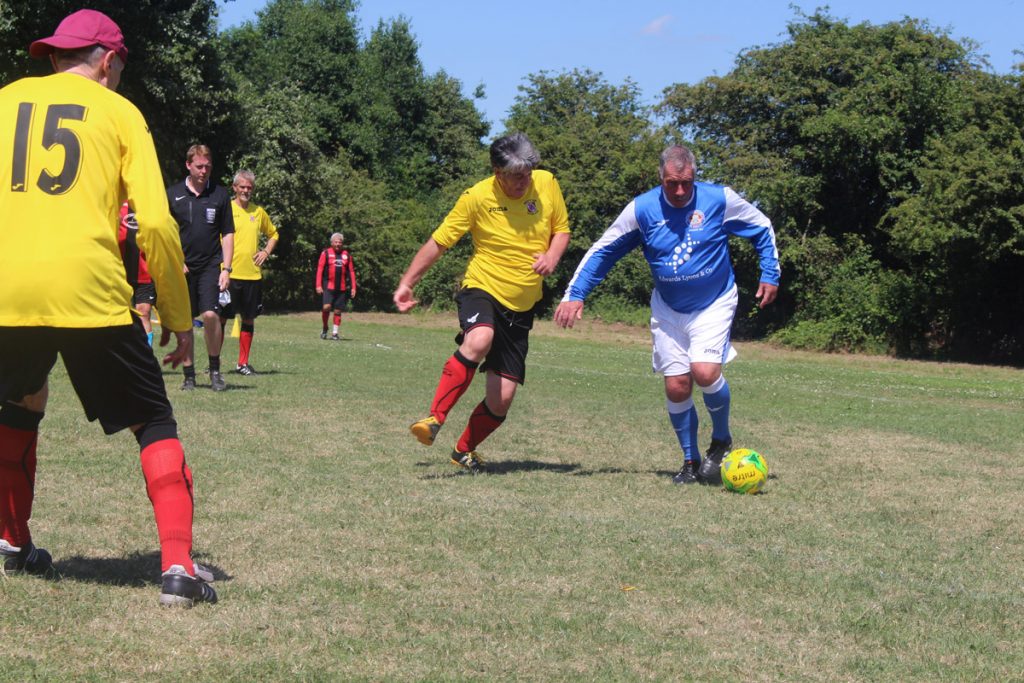











 Read and sign up to BU’s Policy Influence Digest
Read and sign up to BU’s Policy Influence Digest Upcoming opportunities for PGRs – collaborate externally
Upcoming opportunities for PGRs – collaborate externally BU involved in new MRF dissemination grant
BU involved in new MRF dissemination grant New COVID-19 publication
New COVID-19 publication MSCA Postdoctoral Fellowships 2024
MSCA Postdoctoral Fellowships 2024 Horizon Europe News – December 2023
Horizon Europe News – December 2023